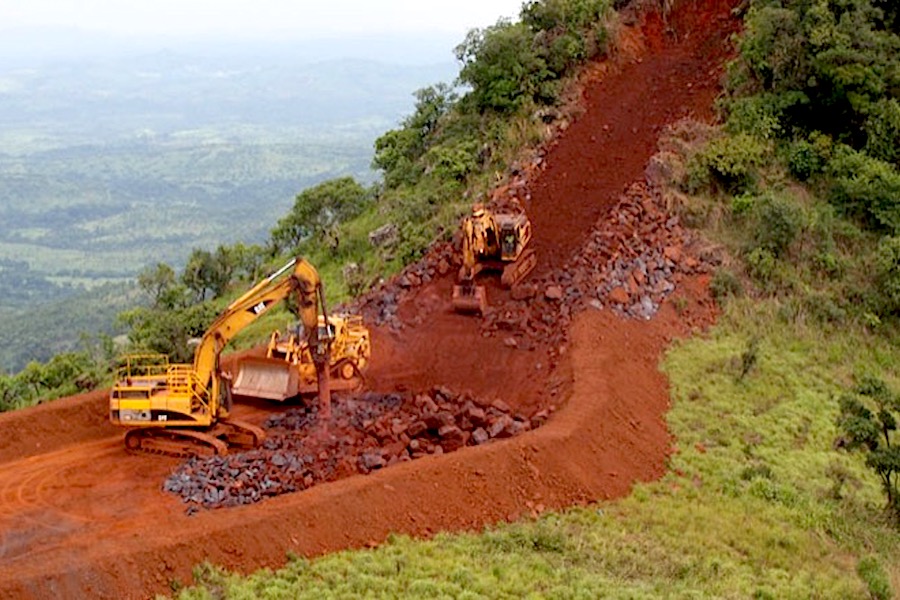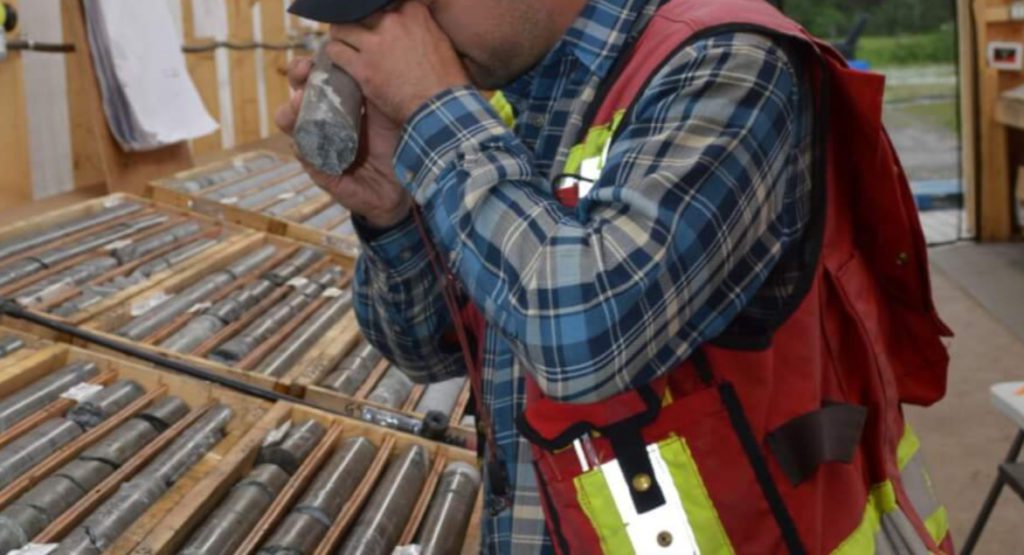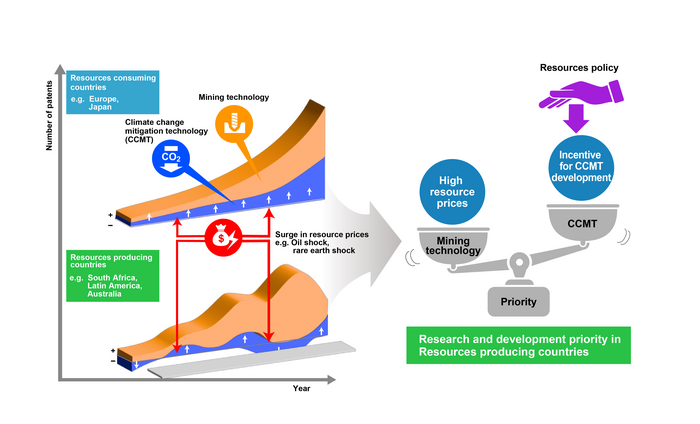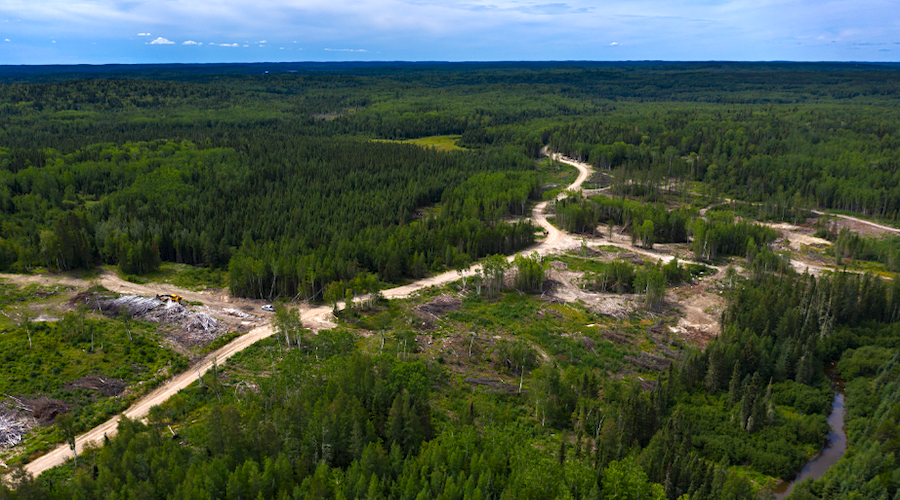Guinea halts Simandou iron ore project again


“There is a major discrepancy between the companies’ vision to implement the terms of the framework agreement and our expectations,” Magassouba said according to the report. “This situation is not only regrettable but above all unacceptable.”
The minister added that despite the “significant concessions the Guinean State has been kind enough to make, it is clear the obstruction is being maintained by both companies, to the detriment of the interests of the project.”
Guinea’s current government, who took power in a military coup in September, has grown impatient with the companies that control the giant Simandou deposit.
It halted construction of the mine and related infrastructure once before, in March, pushing Rio Tinto and WCS to sign a framework agreement to “co-develop” infrastructure surrounding the project, including a 670-kilometre railway and a port.
TIMELINE: The battle for Simandou
The junta gave the companies in June 14 days to agree to the joint venture, which was an extension of a previous deadline.
Guinean authorities have previously warned the miners risked losing their licences if they failed to meet a tight construction timeline for the project.
The vast deposit, in the country’s southeast, has not been developed since Rio Tinto first obtained an exploration licence for it 25 years ago.
“Caviar of iron ore”
At two billion tonnes in iron ore reserves and some of the highest grades in the industry (66% – 68% Fe, which attracts premium pricing), Simandou is one of the most easily exploitable iron ore deposits outside of Australia’s Pilbara region and Brazil’s.
At full production, the mine is expected to export up to 100 million tonnes per year. Simandou would by itself be the world’s fifth-largest producer behind Fortescue Metals (ASX: FMG), Vale (NYSE: VALE) and BHP (ASX: BHP).
Guinea has said any developer of the mine must build a railway spanning the country, even though it adds significant costs and the route to port through neighbouring Liberia is much shorter.
Eric Humphery-Smith, Senior Africa Analyst at risk intelligence company Verisk Maplecroft, wrote in March that Guinea’s decision to suspend all activities at Simandou reflected mostly the “power struggle” between the companies and Guinean authorities regarding recommendations they made in December in relation to the rail and port infrastructure.
“These developers are used to getting their way as the Guinean government has historically not offered much resistance (…) We don’t expect this to drag on much longer than a couple of months,” he anticipated.
Simandou’s development is also crucial China. The nation sees the project, described by Rio’s president of copper operations Bold Baatar as the “Rolls Royce of iron ore”, as an opportunity to wean itself off its reliance on Australia’s iron ore.
This post has been syndicated from a third-party source. View the original article here.




